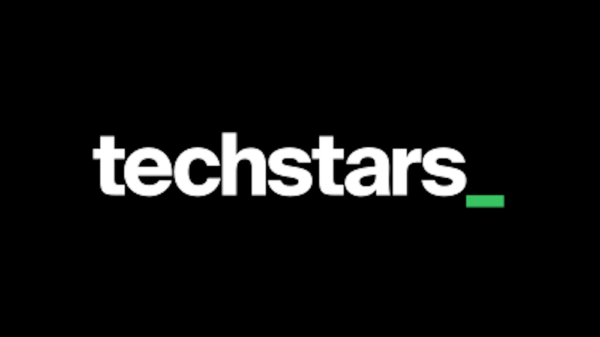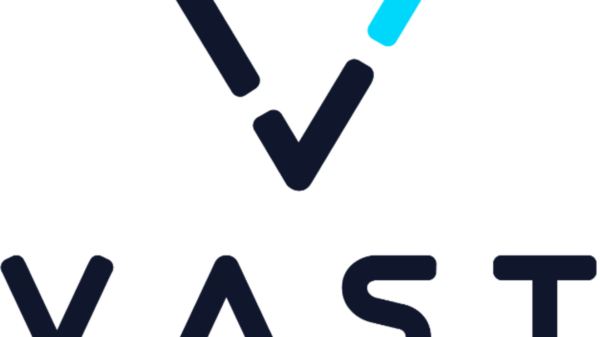Research Significance and Applications
Recent findings indicate a significant step forward in the governance of artificial intelligence (AI) within Europe’s largest companies. A new report highlights that these firms are markedly increasing the detail and transparency of their AI governance disclosures. This improvement is not merely superficial; it reflects a broader commitment to accountability and ethical considerations in AI deployment. Over the past year, transparency concerning AI practices has been noted to have “significantly improved,” suggesting a shift in corporate attitudes towards open communication about AI governance and its implications.
Context in the AI Research Landscape
The trend towards enhanced transparency in AI governance aligns with ongoing discussions about the ethical use of AI technologies. As AI systems become more pervasive in various sectors—from finance to healthcare—the need for robust governance frameworks becomes imperative. The European Union has been at the forefront of establishing regulatory measures that demand greater accountability from organizations leveraging AI. This report serves as an essential touchpoint, illustrating how companies are responding to these regulatory pressures by improving their governance frameworks.
A key aspect of this report is its potential impact on public trust and consumer confidence in AI technologies. By prioritizing transparency, firms can bridge the gap between advanced AI applications and public understanding, which is crucial for fostering an environment where AI innovations can thrive without compromising ethical standards. The move towards more detailed disclosures may also serve as a competitive differentiator for companies that prioritize responsible AI practices, setting them apart in an increasingly crowded market.
Moreover, this shift could catalyze further research into best practices for AI governance. Researchers and technical decision-makers may find value in analyzing these disclosures to identify patterns, successful strategies, and potential pitfalls encountered by leading firms. This could lead to the development of standardized frameworks for AI governance that can be adopted across industries, enhancing overall AI accountability.
Results and Findings
The findings from the report underscore a pivotal change in how top European firms view their responsibility in AI governance. While exact details regarding the specific metrics of transparency improvement were not provided in the source material, the implications are clear: firms are beginning to recognize that transparent governance is not merely a compliance requirement but an integral part of their operational ethos. This recognition could lead to transformative practices and policies that prioritize ethical considerations in AI development and deployment.
In summary, the report showcases a promising trend in corporate AI governance, driving home the message that transparency and accountability are essential in navigating the complex landscape of AI technologies. As these companies continue to evolve their practices, ongoing scrutiny and analysis will be crucial in ensuring that they meet both regulatory expectations and public demands for ethical AI usage.
 DeepMCL-DTI Enhances Drug-Target Interaction Predictions with Multi-Channel Deep Learning
DeepMCL-DTI Enhances Drug-Target Interaction Predictions with Multi-Channel Deep Learning Paperpal Surpasses 3 Million Users, Boosting Ethical AI in Academic Writing
Paperpal Surpasses 3 Million Users, Boosting Ethical AI in Academic Writing AI Chatbots Encourage Conspiracy Theories, New Study Reveals Concerning Findings
AI Chatbots Encourage Conspiracy Theories, New Study Reveals Concerning Findings AI Struggles with Humor: Research Reveals LLMs Misinterpret Puns with 20% Accuracy
AI Struggles with Humor: Research Reveals LLMs Misinterpret Puns with 20% Accuracy AI Model Exposes Risks by ‘Hacking’ Training Process, Reveals Anthropic Study Findings
AI Model Exposes Risks by ‘Hacking’ Training Process, Reveals Anthropic Study Findings


































































